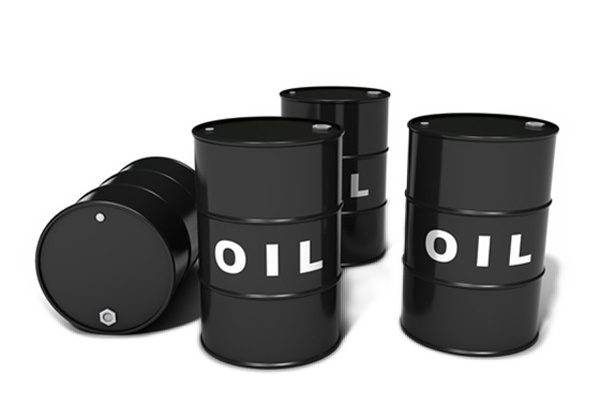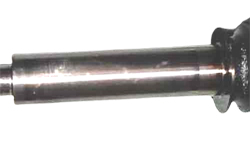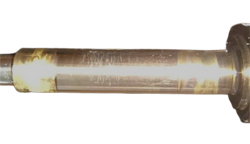Turbocharger Oil System – Why it is so important
.

Turbocharger Oil has several different purposes in the operation of a turbo:
1) Oil cools the turbocharger internals and cartridge.
2) Oil coats the shaft and stabilizes the tolerance between the shaft and journal bearing.
3) Oil lubricates the shaft, journal & thrust bearings.
And for the oil to be effective in its job, it must be introduced into the oil gallery at the right pressure.
So oil pressure is critical. Too much pressure and oil is forced out through the ‘seals’.
You can read more on this oil ‘seal’ leak issue here.
And more oil pressure is required as a turbocharger heats and the shaft spins faster.
Too little pressure and the turbo will be starved of oil.
And when the turbo is starved of oil (especially at initial start-up after installation), bearings immediately fail.
So correct pre-priming is required at installation and before initial start-up.
A short delay in the oil reaching the turbo will result in bearing failure.
Likewise too little oil pressure / feed at operating speeds, will drastically reduce turbocharger life span.
Indications of oil starvation most commonly include ‘blueing’ or discoloration of the shaft, with scoring evident and excessive, early wear in bearings.
‘Blueing’ is a sign of excessive heat build up due to lack of oil lubrication & cooling.
Below are 2 examples of Turbocharger shafts, each after around 10,000 km of use.
Here the shaft is in excellent condition with no scoring evident.

Here the shaft shows considerable scoring, enough to make the turbocharger fail.

Symptoms of Oil Starvation include:
– Scoring of the shaft.
– Excessive and early wear of the thrust bearing.
– Excess play in the compressor wheel, possibly enough for the wheel to contact the barrel of the compressor housing.
– Wear on the inside surfaces of the thrust bearings.
– Wear and ‘blueing’ of the piston ring ‘seals’ which will lead to excess oil blow-by & oil consumption.
And for the oil to be effective at the job, it must be very clean and ‘fresh’.
A Clean Oil System
For a turbocharged vehicle, the entire engine oil system needs to be clean & well maintained.
The best way to keep it maintained is via regular oil / filer service intervals.
How often to change oil in a turbo engine?
Well, service intervals greater than 10,000km can introduce oil system problems.
And some vehicles such as the Mazda CX7 turbo require even more frequent services because of how hot they run.
And others, such as the Hyundai iload 2.5L Turbo, require higher frequency oil changes.
This is due to injector seal failure and resultant oil carbonization.
But regardless of how regular services are, because of these other factors, oil sludge can build up in the system.
And the common, critical points of build-up and blockage are engine sump pick up, oil line banjos, and fittings (especially turbo oil feed line).
That is why we recommend at minimum, to have the oil feed line ultrasonically cleaned when installing a new Turbocharger.
Ideally it should be replaced when a new turbo is installed.
Dirty oil is a function of causes both external and internal to the engine.
And incorrect combustion leads to creation of excess by-product carbon particulates, and unburnt fuel.
Also, wear inside the engine may add slivers of metal particles to the oil.
Foreign matter such as dust particles can also enter oil through the air induction system.
Particles bypasses cylinder rings to end up in the oil sump.
When dirty oil is present, particles in the lubricating system will create the following issues:
– Blockages in oil feed, oil drain lines & filters or connectors such as banjo bolts.
– Thrust & Journal Bearing damage.
– Scoring of the shaft.
– Complete turbo failure if shaft seizes.
‘Fresh’ Oil
Additionally, for a turbocharged vehicle, the oil needs to be fresh.
Oil breaks down under high temperature and over time.
Modern diesels (especially Euro V Standard), run very hot.
And oil will breakdown and carbonize under such high temperatures.
The carbonized material changes the oil viscosity, making it much less efficient as a coolant and lubricant.
Additionally, oxidization of the oil produce organic acids, that lower the oil boiling point and corrode bearings, seals and other components.
So you can see that Turbocharger Oil health is crucial to a turbocharger’s performance and longevity!
